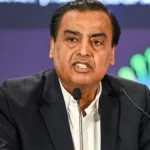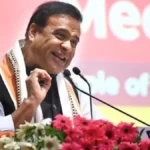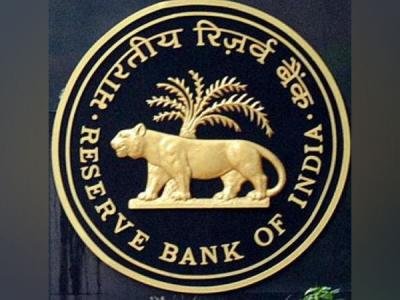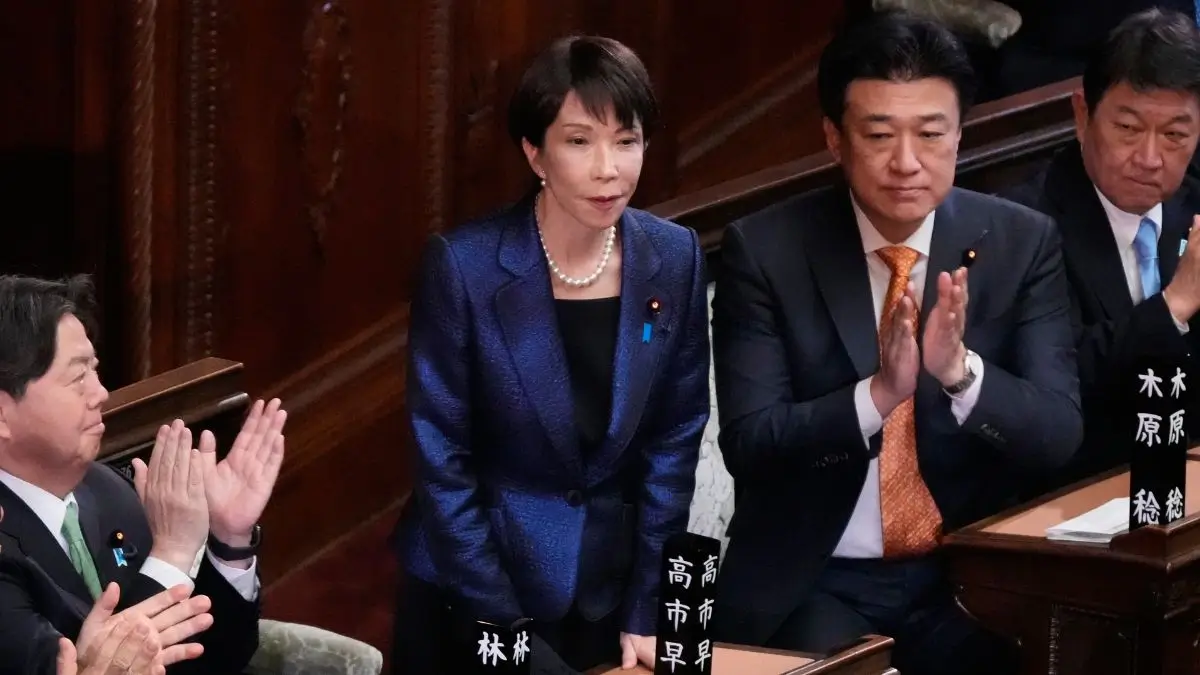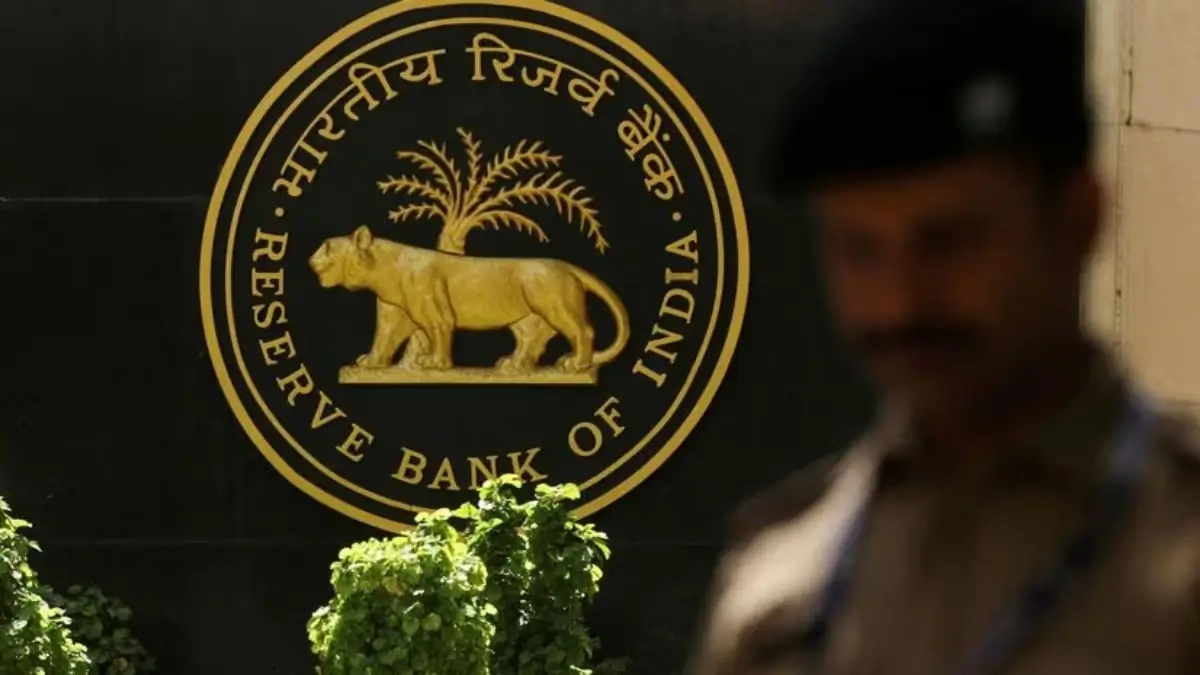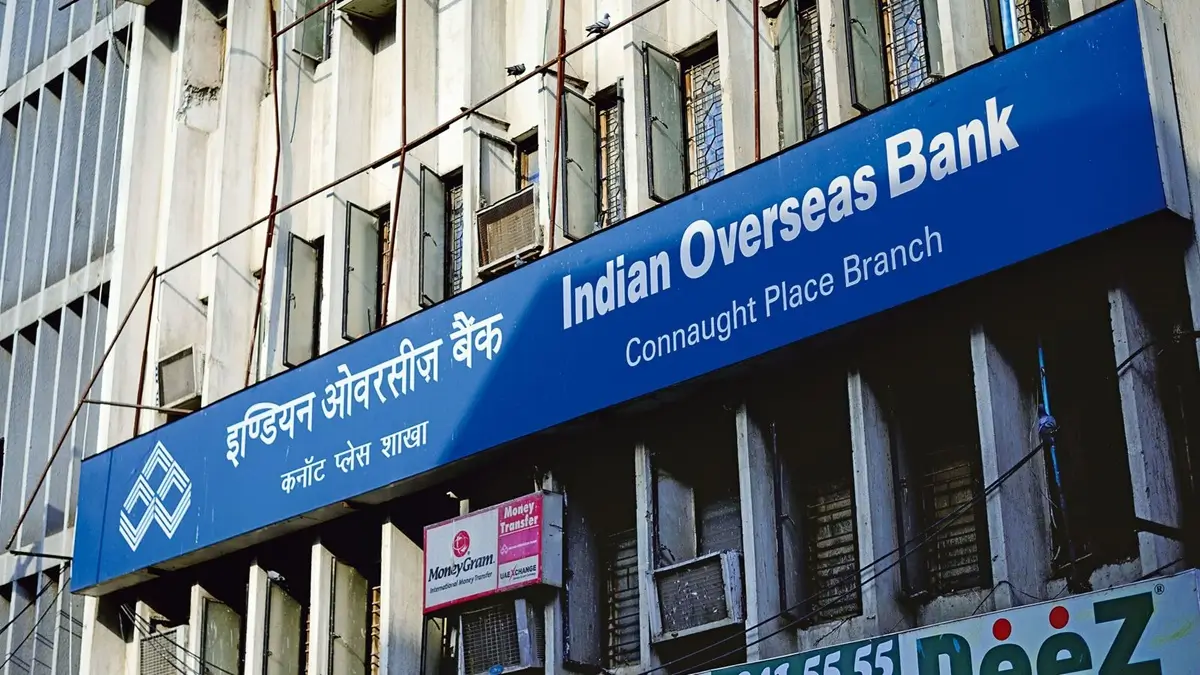RBI Appoints P. Vasudevan as New Executive Director
In a recent development, the Reserve Bank of India (RBI) has appointed P. Vasudevan as its new Executive Director. This significant move comes as part of the central bank’s efforts to strengthen its leadership team and ensure smooth functioning in the ever-evolving financial landscape. With his extensive experience and expertise in the banking sector, Vasudevan is poised to make valuable contributions to the RBI’s operations.
Background and Responsibilities
As an Executive Director at the RBI, P. Vasudevan will be responsible for overseeing crucial areas of the central bank’s operations. He will be actively involved in formulating and implementing various policies related to banking regulation, financial stability, and monetary policy. Additionally, Vasudevan will play a pivotal role in managing and supervising the functions of different departments within the RBI.

Why This News is Important
This appointment holds significant importance for students preparing for government exams, especially those targeting positions in the banking sector. Understanding the key developments and leadership changes in the RBI is crucial for aspirants aiming for roles like banking officers, probationary officers, and other related positions.
Historical Context:
The appointment of P. Vasudevan as the Executive Director of the Reserve Bank of India (RBI) builds upon a long-standing tradition of the central bank’s commitment to ensuring effective governance and strategic leadership. Throughout its history, the RBI has been at the forefront of financial regulation and monetary policy formulation in India.
Established in 1935, the RBI has played a crucial role in shaping India’s financial landscape and maintaining economic stability. Over the years, it has witnessed various transformations to adapt to changing economic realities and challenges. The RBI’s mandate encompasses a wide range of responsibilities, including currency management, monetary policy formulation, regulation and supervision of banks, and the development of financial markets.
The position of Executive Director holds significant importance within the organizational structure of the RBI. Executive Directors are responsible for overseeing specific functional areas and actively participating in policy formulation and implementation. These individuals bring their expertise and experience to bear on key decisions that impact the banking sector and the Indian economy as a whole.
Key Takeaways from “RBI Appoints P. Vasudevan as New Executive Director”
| Takeaway | Key Takeaway |
|---|---|
| 1 | The RBI has appointed P. Vasudevan as its new Executive Director. |
| 2 | Vasudevan will be responsible for overseeing crucial areas of the central bank’s operations. |
| 3 | His role will involve formulating and implementing policies related to banking regulation, financial stability, and monetary policy. |
| 4 | Vasudevan will play a pivotal role in managing and supervising different departments within the RBI. |
| 5 | This appointment is of significant importance for students preparing for government exams in the banking sector. |
Important FAQs for Students from this News
1. Who is P. Vasudevan?
P. Vasudevan is the newly appointed Executive Director of the Reserve Bank of India (RBI). He will be responsible for overseeing crucial areas of the central bank’s operations and playing a pivotal role in policy formulation and implementation.
2. What are the key responsibilities of an Executive Director in the RBI?
An Executive Director in the RBI is responsible for managing and supervising various departments within the central bank. They actively participate in formulating and implementing policies related to banking regulation, financial stability, and monetary policy.
3. How does P. Vasudevan’s appointment impact students preparing for government exams?
For students preparing for government exams, especially in the banking sector, staying updated with leadership changes and key developments in organizations like the RBI is essential. Understanding the appointment of P. Vasudevan as the Executive Director helps students grasp the direction and priorities of the central bank, which can be beneficial for exam preparations.
4. What is the historical significance of the RBI in India’s financial landscape?
The RBI, established in 1935, has been instrumental in shaping India’s financial landscape and maintaining economic stability. It has played a crucial role in currency management, monetary policy formulation, regulation and supervision of banks, and the development of financial markets.
5. How can knowledge of the RBI’s operations and leadership changes enhance a candidate’s career prospects?
Having a deep understanding of the RBI’s operations, including key appointments and policy developments, can give candidates an edge in their career prospects. It demonstrates their awareness of the industry and their ability to adapt to changing dynamics, which is highly valued by employers in the banking sector.
Some Important Current Affairs Links



